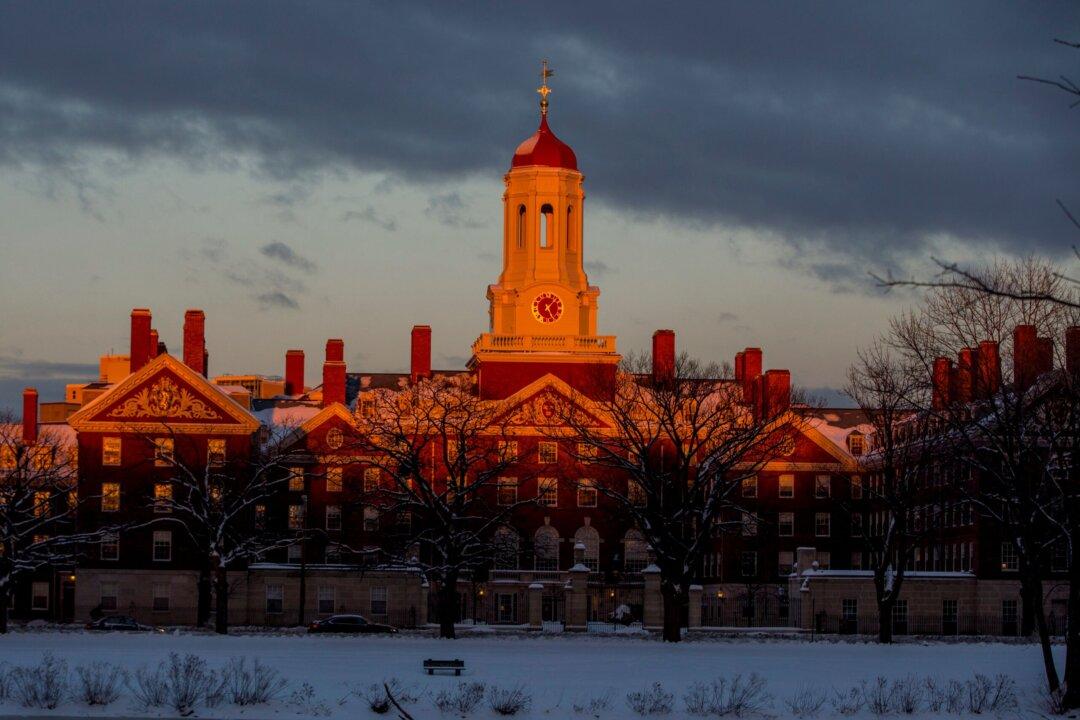The resignation of the University of Pennsylvania president in response to public outcry for her seeming refusal to condemn the genocide of Jews is just the first domino to fall as part of the growing reckoning over anti-Semitism at U.S. elite schools.
The House Committee on Education and the Workforce has opened a full investigation into anti-Semitism at universities. In announcing the investigation, Committee Chairwoman Virginia Foxx (R-N.C.) said other universities should also expect investigations. A month prior to the congressional testimony, the U.S. secretary of education hinted that schools that fail to protect Jewish students may lose federal funding.





